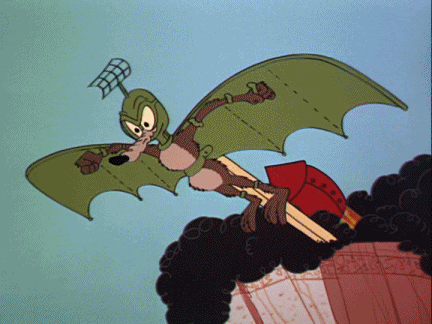Hi again Sandie, sorry I took a while to get back to you, there was quite a bit to unpack!
I think I understand what you mean, in my own way I'm sure, and like your interpretation. It's almost as if Plato wanted to inject the notion of Truth into a saying which Protagoras meant rather as locating freedom of choice within the individual. I think you helped me get a better notion of why Nietzsche admired Protagoras so much, and hated (and simultaneously revered, as an enemy to be vanquished) Plato. It's as if this realm of ideal Platonic entities endowed with Truth, from the point of view of the concrete praxis of individual human life, amounted to nothing much except depriving us of the healthy conviction that we do own what we do. From this (and skipping a good few causal mechanisms) we would arrive at Nietzsche's concept of the priest, and the will to nothingness as the will 'not to live' in the name of a higher ideal which, in the end, only serves to justify sheepishness and complacency about not
daring to live.
My interest in the Sophists has always been there, but it's now just quadrupled!

Thank you Ren for your reply; I'm still contemplating your earlier questions. Often I find I need to sleep on a thing before responding.
You make a strong set of points in your interpretation of my point. IMHO, Truth is in the end the final goal in any analysis. Now, Truth is subjective really, because each indivdual brings the facts to the final decision of what The Truth is. Which brings in the question, is one man's lie inevitably another man's truth? This I believe is why most legal systems are trying cases based on facts and not on truths; yet, many lawyers lead questioning with, for example, "Isn't it true Mr. Smith that on the night in question you were at 32 Main Street between the hours of 1 and 3 pm?" This gives Mr. Smith a choice. Does he reply, yes, that he was indeed there, and show others that he
may have committed the crime in question, or, does he choose to chance that there was no witness to his presence at that place and time, and lie by saying no, that he was not there. You see in this way, the
burden of proof still falls to the accuser.
In Anceient Greece, one of the primary purposes (jobs) of the Sophist was to teach Oratorical skills to students for a fee, (students mostly of wealth and status), as the majority of disputes and crimes were tried in the Arena and the better one could plead their case, the better chance they had to win.
When Sophists started training lower class students, again who could pay, the same Oratorical skills Plato was brought to fits. The main reason being it leveled the field between the upper class and lower class, and the lower class began to talk their way out of their troubles

Protogoras was a huge advocate of equality in Learning.
Gorgias was another first generation Sophist but from Sicily. He was sent on purpose to Greece, and he lived there until he was 100 years old, about 40 years of influencing Greek Philosophy. He introduced paradoxes and paradoxical expression, for which he has been labelled the "father of sophistry". He also contributed to the diffusion of the Attic dialect as the language of literary prose...thereby ushering in the mainstream usage of rhetoric.


